The following review is highly unpleasant.
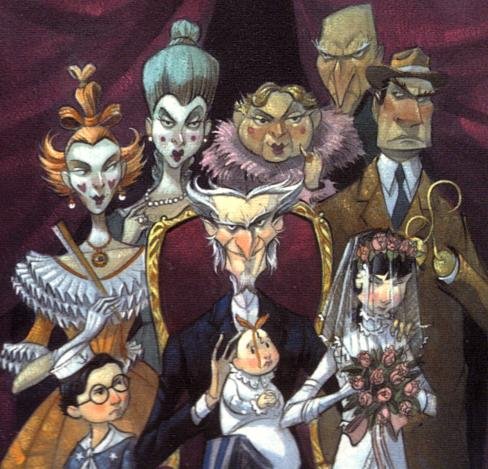
It contains descriptions of a number of horrific acts, including, but not limited to, child abuse, murder, arson, secret societies, weddings, cold cucumber soup, and optometrists. There is no reason that you should have to read a tale of such woe, even through the tertiary form of a written review of a Netflix adaptation of the original novels. "Tertiary" being a word that in this case means "twice removed from the source material".
If you like stories with happy endings, where three intelligent, courageous, and not unattractive orphans overcome all obstacles through their wit and determination, then you are reading the wrong review of the wrong Netflix series based on the wrong sequence of thirteen novels containing thirteen chapters each.
If, however, you like true stories about three orphans who are subjected to horrible living conditions, vicious lies, and clown-themed restaurants, then it is my sad duty to inform you that you have terrible taste in entertainment.
An Unfair Comparison
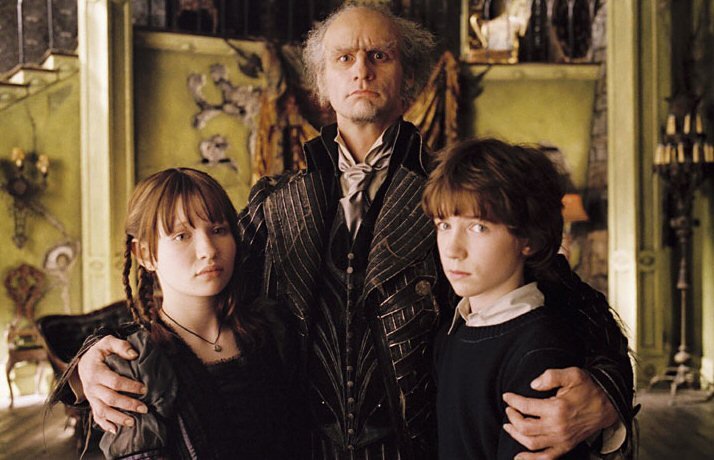
You should already know that in this world there are fair comparisons and unfair comparisons.
For example, a fair comparison happens when you compare two subjects that share actual similarities, such as when you compare two houses or two creme brulees or secret messages encoded in two different fireworks displays happening at the same time. To say that Count Olaf was like a cruel and ruthless dictator (a word which here means "someone who is cruel and ruthless") would be a fair comparison.
Unfair comparisons, on the other hand, involve two subjects that are not similar and are not supposed to be. People often use unfair comparisons as a distraction to keep you from noticing something important, such as a small clue hidden in the background of a TV show.
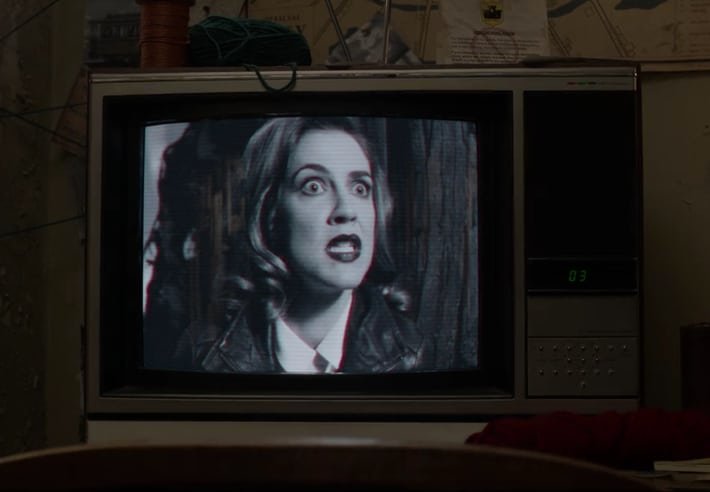
It is therefore fair to say that it is unfair to say that there is a fair comparison between A Series of Unfortunate Events as a movie and A Series of Unfortunate Events as a Netflix series. Each was made through the efforts of writers, directors, and actors, but in the end each adaptation has to go its own way, much like myself and a certain woman whose face haunts me to this day.
This story is already so upsetting without trying to judge between different versions, so instead of making an unfair comparison let us simply agree that they are both terrible and should not be viewed by anyone.
But if you must read on, then I can give you some answers about the quality of the Netflix series.
The Sad Story
Some stories begin with the words "Once upon a time," which lets you know that they are pleasant tales with happy endings that never really happened.
This is not one of those stories.
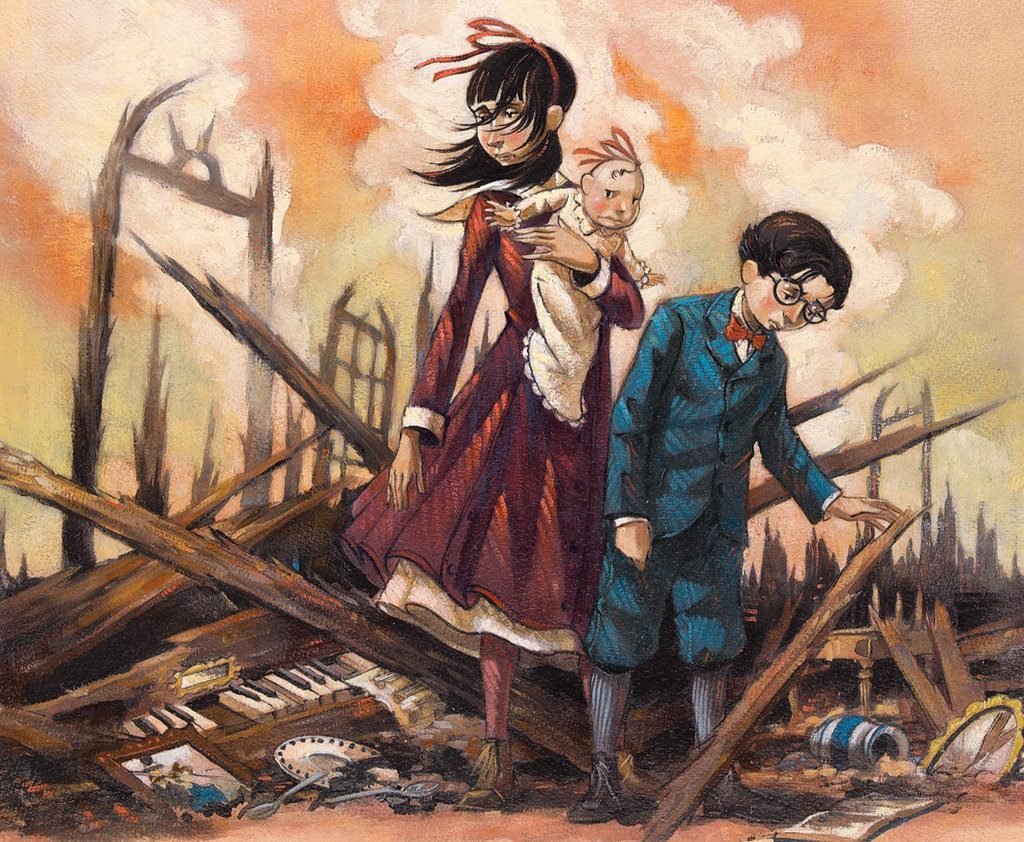
These events begin with the Beaudelaire children---Violet, Klaus, and Sunny---who once upon a time lived happy lives with their parents, who loved them very much and nurtured their talents, for each of the children was talented in amazing ways.
Violet, the eldest, was an inventor who never met a problem she couldn't build her way out of.
Klaus, the middle child, loved books, and had already read hundreds of them before he turned twelve. And he never forgot anything he read.
Sunny, the baby, had a different kind of talent than the other children. She liked to bite things, and could make quick work of any wooden, metal, or even stone object.
One day, while practicing their talents on the beach, they got a visit from their parents' banker, Mr. Poe: a man who was always suffering from a sickly cough. He had come to them with bad news: their parents had died in a fire that also destroyed their entire home. The Beaudelaire children had become the Beaudelaire orphans.
And that, unfortunately, is where everything went wrong.
The Beaudelaires are placed in the custody of a man named Count Olaf---an acting criminal and criminally bad actor, who plots day and night to steal the massive fortune left to them by their dead parents. Even when they escape him, he is never far behind, following them from foster home to foster home, killing any who try to protect or nurture them.
If you are faint of heart (a phrase which means you dislike unpleasant or disturbing subjects) then you are not prepared to watch such grim events portrayed in the form of a serialized home entertainment experience.
But I'm afraid that the story is only one of the many horrifying facets of this unbearable series. You also have to contend with a lot of other unpleasantness, such as...
The Nihilistic Narrator
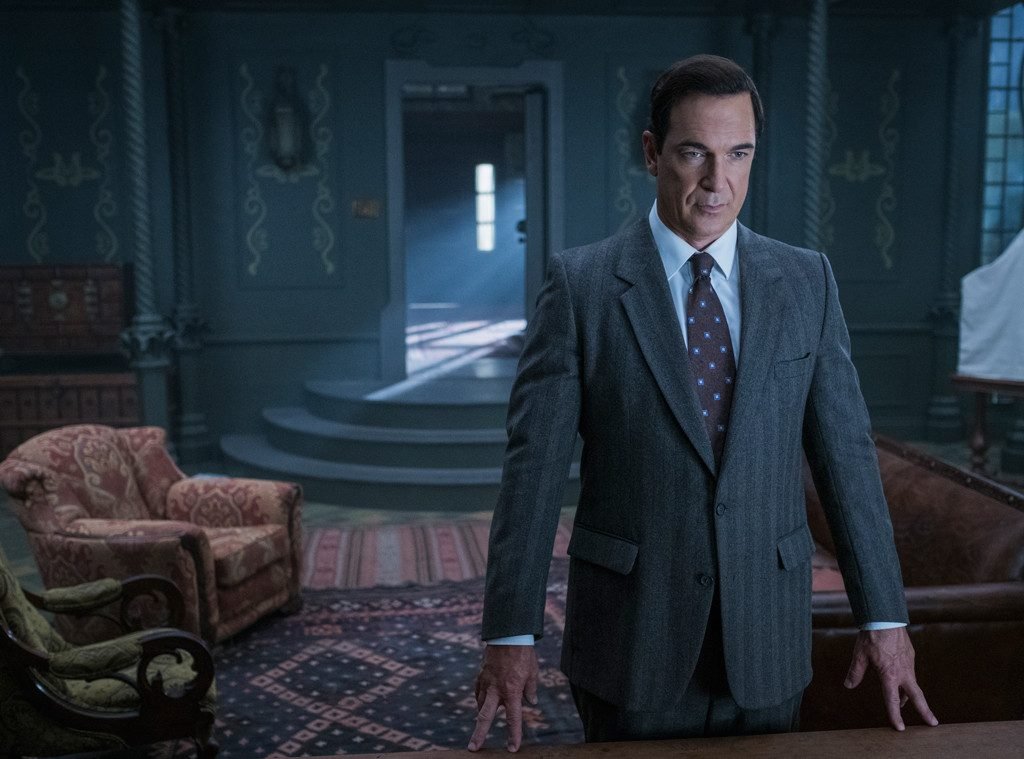
If you are already familiar with Patrick Warburton, then you know he generally plays boisterious characters put in plucky situations. So you may be disappointed with how subdued his deadpan can be. But after being forced to narrate such unfortunate events, he can hardly be blamed for his inability to emote.
Either that, or he was given specific instructions to tone his performance down by the director. My sources cannot pin down the reason, in any case.
The Severe Set Design
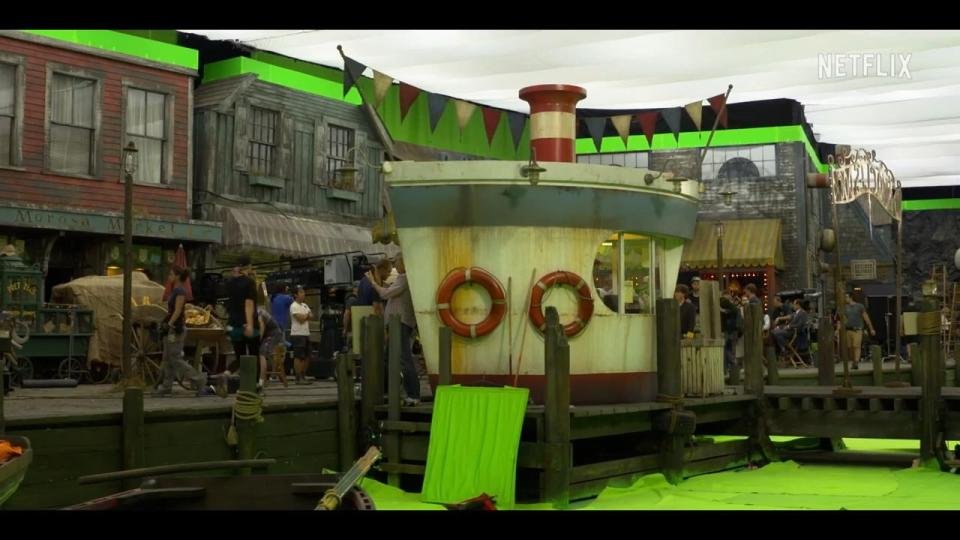
During the course of their miserable lives, the Beaudelaire orphans were subjected to every imaginable deprivation, meaning that they were not given anything close to resembling a good home. Their days were filled with dirt and dereliction, and the Netflix series distastefully reproduces everything in grimy detail. There is, however, no reason that you have to look at such labor-intensive set designs, which no doubt cost millions of dollars and thousands of man-hours to produce.
The Vindictive Villain
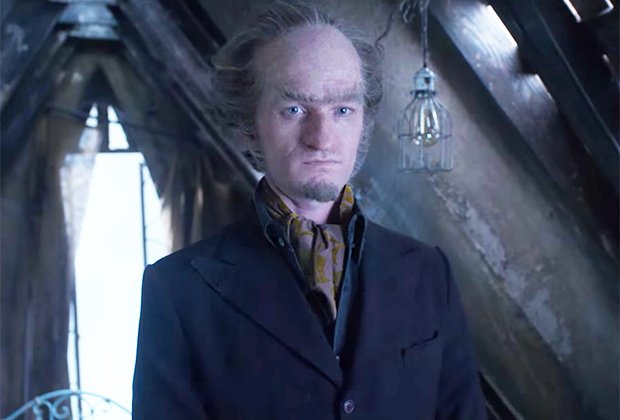
It has been said that the hardest role an actor can play is that of another actor. It should be noted that this is only said by actors themselves, who have an inflated sense of the importance of their profession.
However, I must admit that playing Count Olaf, one of the worst actors and worst people you may ever hope to encounter, is a difficult job, even for someone who spent nine years trying to meet his best friend's mother.
Neil Patrick Harris was unfortunate enough to get handed this role, likely as punishment for some crime that would land a non-celebrity in prison for life. In line with what I said before, it would be an unfair comparison to stack his performance against Jim Carrey's. He is truly detestable in ways that Carrey is not, and vice versa, which is a Latin term that here means "also the other way around". That said, he suffers from the affliction of being shorter than Carrey, which robs him of many opportunities to loom over people and create the same sense of unease.
Though he is better with accents.
The Callous Conclusion
There are people in this world who will benefit from watching this series---people who belong to a certain secret organization and who need a correct understanding of the history of the Beaudelaires, as part of their neverending mission to put out the fires of the world.
To everyone else, there is no need to submit yourself to the figurative torture brought on by watching this show. Once you see it, it cannot be unseen, so if you have any doubts as to your interest in this show, then please do as the title song suggests, and look away.
One season (eight episodes), covering the first four novels, are currently on Netflix. If any more seasons are to be produced, then I am afraid that someone is going to have to watch the current offering.
My condolences.
Image Citations
- Family photo. Source: A Series of Unfortunate Events promotional art (Novels)
- A different family photo. Source: Lemony Snicket's A Series of Unfortunate Events (Movie)
- Hypnotists in the Forest. Source: A Series of Unfortunate Events (Netflix)
- Loss. Source: A Series of Unfortunate Events promotional art (Novels)
- Lemony Snicket. Source: A Series of Unfortunate Events (Netflix)
- Damocles Dock. Source: A Series of Unfortunate Events set photo (Netflix)
- Count Olaf. Source: A Series of Unfortunate Events (Netflix)
Previous entries in the Netflixing series:
Past Years
TV Shows
